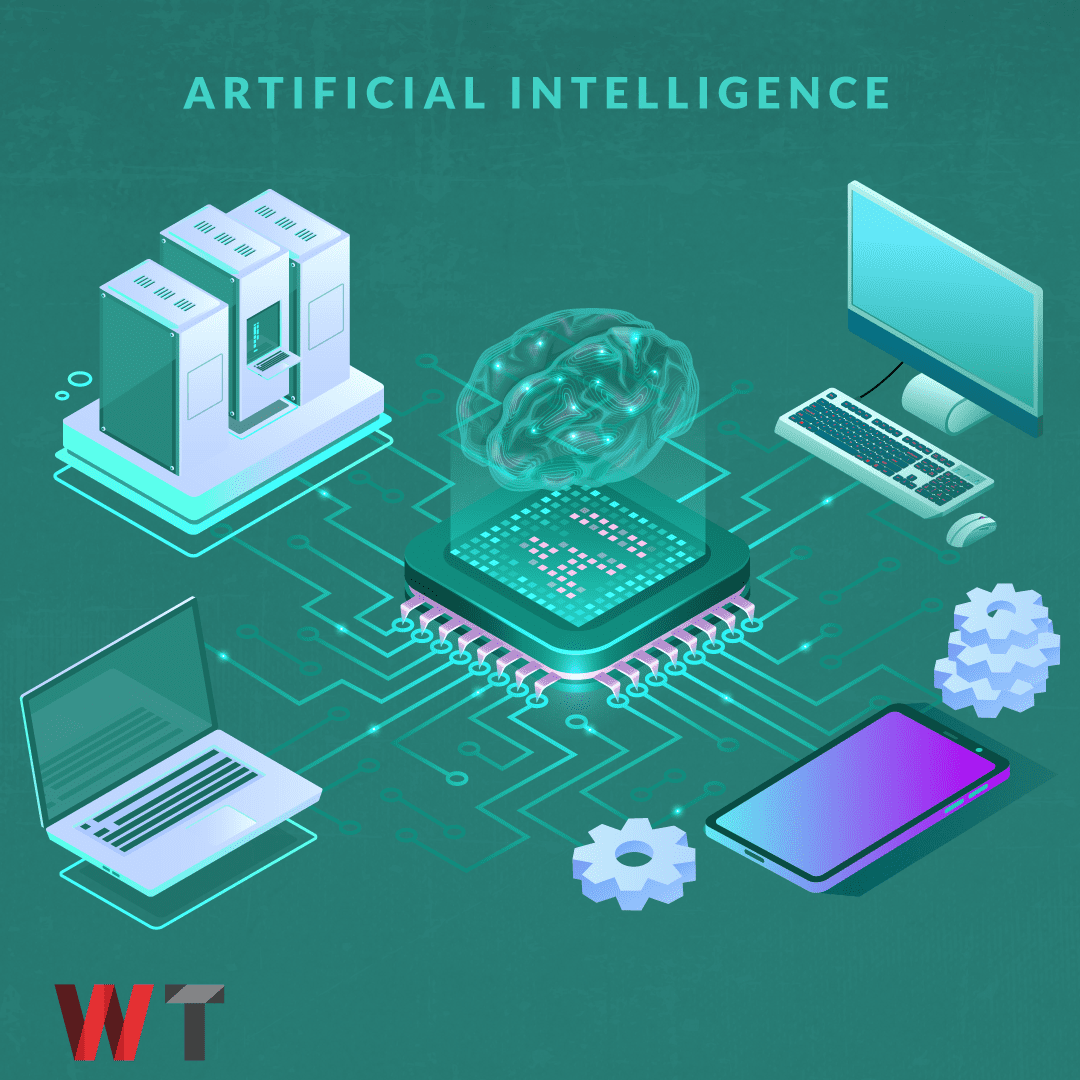Artificial intelligence (AI) is a potent technology that can address a number of issues and open up new possibilities. But it can also be a severe danger to African digital entrepreneurs, who already have a lot on their plate in the competitive and fast-paced international market.
A recent analysis from the Boston Consulting Group (BCG) claims that between 2015 and 2020, the proportion of African digital firms that received investment increased six times faster than the world average. But the same survey also showed that the majority of these firms are unable to grow and maintain their companies after receiving initial funding.
Lack of access to cutting-edge AI technologies and expertise, which are necessary for creating novel and competitive goods and services, is one of the primary causes of this failure. AI can assist African entrepreneurs in expanding into new industries and clientele, increasing productivity and quality, and lowering expenses and risks. But AI can also bring up fresh difficulties and dangers, like:
Read also: Four Nigerian startups to headline Africa Tech Summit
Absence of infrastructure and data: AI requires a lot of data, which is expensive and unavailable in many African nations. It also requires a lot of processing power. Furthermore, in many regions of the continent, internet connectivity is frequently inconsistent and slow, which is another requirement for AI.
Absence of talent and education: To design, develop, and implement AI solutions, experts with the necessary skills and training are needed. However, because many African educational institutions lack the tools and curricula necessary to teach AI skills, there is a big disparity between the need and supply of AI expertise. Furthermore, because they have limited possibilities and low incomes along with unfavourable working circumstances, many African techies lack the means and incentives to pursue careers in AI.
Absence of ethics and regulation: AI may have detrimental effects on society and the environment, including the loss of jobs, invasions of privacy, and the promotion of bias and discrimination. However, Africa lacks consistent, clear laws and ethical standards pertaining to AI, which puts African entrepreneurs at risk for legal trouble and damage to their reputations. Furthermore, governments and the general public are not sufficiently informed on the advantages and implications of artificial intelligence for Africa.
The AI Competition
African IT startups may face more pressure and competition from AI as they vie with domestic and international firms that have greater resources and access to AI. As an illustration:
Players worldwide: Global IT behemoths like Google, Facebook, and Microsoft are making significant investments in artificial intelligence while also growing their footprints and clout in Africa. They are providing African companies and clients with free or inexpensive AI tools and services, including chatbots, cloud computing, and translation. Nevertheless, they are also gaining a sizable portion of the market and data, which may jeopardise the viability and competitiveness of African startups.
Local players: Numerous regional tech startups—particularly those based in South Africa, Kenya, and Nigeria—are embracing and creating AI solutions, as well as drawing more funding and interest. They are using their networks and cultural and contextual knowledge to provide local solutions for local problems in fields like education, healthcare, and agriculture. They are, meanwhile, also increasing rivalry and fragmentation for other African entrepreneurs, which may make it difficult for them to stand out from the crowd and work together.
The Potential of AI
AI might present a special opportunity for African tech firms, who can leverage it as a catalyst and enabler for innovation and growth, despite the obstacles and risks. In order to capitalise on this prospect, African companies must:
Data and infrastructure access: As the foundation and powerhouse of artificial intelligence (AI), African companies must figure out how to get access to and produce more data and computer capacity. They can accomplish this by collaborating with regional and international suppliers, like Tunga, a platform that links African software developers with clients throughout the world. They may also offer monitoring and inspection services for a variety of industries and sectors using AI and drones. One example of this is Tunga’s drones, which have cutting-edge features and functions.
Obtain talent and education: As the brains and hearts of artificial intelligence, African companies must invest in and draw in more talent and education. They can accomplish this by engaging in hackathons and learning opportunities, like those hosted by Tunga for developers who wish to explore AI and use it for social good, as well as by offering training and mentorship to their staff members and business partners. They can also advertise their goods and services to clients abroad by using AI-powered translation solutions like Google Translate.
Adopt ethics and regulation: More ethics and regulation, or AI’s guiding principles, are something that African startups should embrace and encourage. They can accomplish this by abiding by the rules and regulations already in place and by collaborating with legislators and stakeholders on the creation and use of AI frameworks and policies. Additionally, they can use AI to improve accountability and transparency. For example, they can track and verify contracts and transactions using blockchain technology and AI.
For African digital firms, artificial intelligence (AI) may be both a blessing and a curse. They have a choice, but they must take quick action before it’s too late.
















